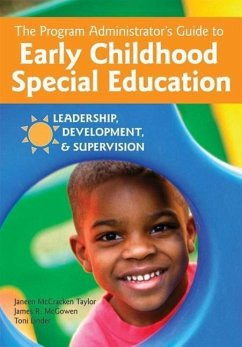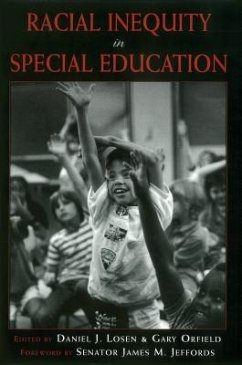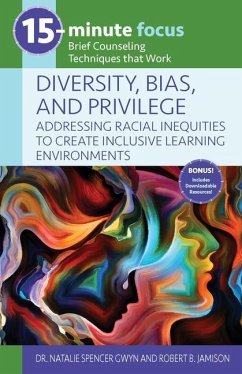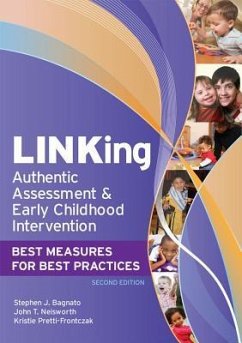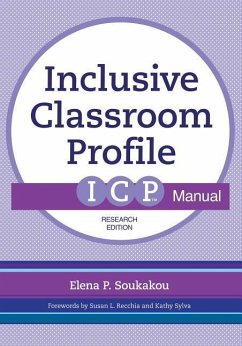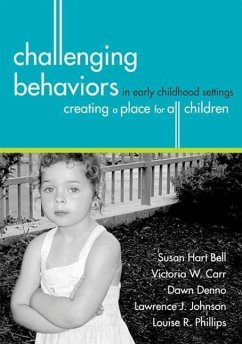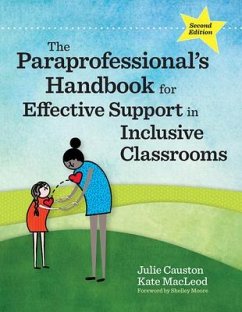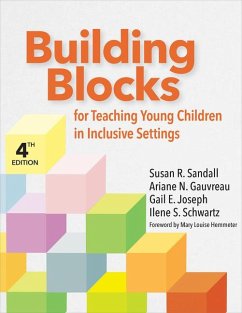Dr. Tameka Ardrey is an assistant professor in the School of Human Ecology at Georgia Southern University. She studies the impact of educational inequities on the learning and development of low-income and minority students. Dr. Ardrey has authored several publications and has presented her work both nationally and internationally. Dr. Walter Gilliam is the Elizabeth Mears and House Jameson Professor of Child Psychiatry and Psychology at the Yale Child Study Center, and he directs the Edward Zigler Center in Child Development and Social Policy. His research spans early childhood policy, preschool expulsion, bias and equity, and COVID-19 impacts on child care. Dr. Jen Neitzel is the Executive Director of the Educational Equity Institute. She received her B.S. degree in child development from the University of Pittsburgh and then began her career in the classroom in Pittsburgh as a teacher of young children with significant behavioral challenges. In 1998, she moved to Chapel Hill, North Carolina, where she worked in a group home for adults with autism. Following this, she began her studies at the University of North Carolina (UNC) at Chapel Hill, where she received a masterâ (TM)s degree in early intervention. Dr. Neitzel then returned to the classroom where she was a teacher in a model demonstration classroom for toddlers with autism at the Frank Porter Graham (FPG) Child Development Institute. Her quest for knowledge was not finished, however. After 2 years in the classroom, Dr. Neitzel began her doctoral studies at UNC-Chapel Hill where she earned a Ph.D. in education in 2004, specializing in early childhood. Her oldest son, Josh, was 6 months old when she defended her dissertation. To maintain a healthy balance between work and being a mother, she worked on various projects at FPG focused on autism and response to intervention. Dr. Neitzel finally became a full-time researcher and technical assistance provider in 2012. During this time, she began work on a project focused on examining the disproportionality in suspensions and expulsions of young Black children, particularly boys. As a White person, she had two choices: she could act like she hadnâ (TM)t see the data because they did not affect her or her family in a meaningful way, or she could be a part of the solution. Dr. Neitzel chose the latter, and thus began her work in educational equity. As she delved deeper into this area, she started examining the role of implicit biases in early childhood, sources of trauma, culturally responsive practices, and systems change. In 2018, Dr. Neitzel started the Educational Equity Institute (www.educationalequityinstitute.com), a nonprofit based in Charlotte, North Carolina, that is focused on promoting equity and justice through racial healing and systems change. She is widely published in peer-reviewed journals and is the author of Achieving Equity and Justice in Education Through the Work of Systems Change (Lexington Books, 2020). Dr. Neitzel lives in Charlotte with her husband, Craig, and their three sons, Josh, Gabe, and Luke. Dr. Ebonyse Mead is a clinical instructor in the birth-to-kindergarten teacher education program at Georgia Southern University and is president of the Educational Equity Institute. For 20 years, Dr. Mead has worked in communities to improve the health and educational outcomes for racially and ethnically diverse children and their families. She was born and raised in the North Lawndale community on the west side of Chicago. Seeing many inequities in her neighborhood, she felt a sense of social responsibility to be a voice for those children and families often marginalized and excluded based on their ZIP codes. Dr. Mead started her career as a parent educator working with teen parents in Chicago Public high schools. She has held numerous positions where she has advocated for the healthy development and well-being of families and children of color. Participating on a workgroup to help write North Carolinaâ (TM)s preschool suspension and expulsion plan and raising a Black male child, Dr. Mead felt compelled to address the racial disparities in school disciplinary practices with Black children. Since 2016, Dr. Mead has provided training on racial equity with a particular focus on examining structural barriers to educational equity, implicit racial bias, positive racial identity development in young children, and culturally responsive instruction to the early childhood workforce. Dr. Mead is a Certified Family Life Educator and holds a doctor of education degree in early childhood and a masterâ (TM)s in human services from Concordia University Chicago. In 2015, Dr. Mead earned a masterâ (TM)s degree in family studies from Texas Womanâ (TM)s University and completed a masters in inner city studies from Northeastern Illinois University in 2004. Recently, she completed a graduate certificate in Anti-racist Urban Education from the University of North Carolina at Charlotte. Dr. Mead has presented nationally and has published articles on racial equity in early childhood. She is deeply committed to creating brave spaces to talk about structural racism and promote equitable and just programs in early childhood. Dr. Aisha White has held positions at many early childhood programs including Family Communications, Inc. (now Fred Rogers Productions), where she currently is a consultant to the Daniel Tigerâ (TM)s Neighborhood television show. She directs the Positive Racial Identity Development in Early Education (P.R.I.D.E.) Program at the University of Pittsburgh Office of Child Development. DorÃ(c) R. LaForett, Ph.D., is a Research Scholar at Child Trends, and an Advanced Research Scientist at FPG Child Development Institute at UNC Chapel Hill. She studies contexts that shape the experiences of young children and families; educational, social‐behavioral, and family‐focused interventions; and early childhood programming. Dr. LaForett has extensive experience conducting research with populations living in low‐resource environments and with culturally and linguistically diverse children and families, with a heavy emphasis on dual language learners. Her work has been funded by federal and state agencies, as well as private foundations. Dr. LaForett is a licensed psychologist in North Carolina. Justin Perry is a racial equity facilitator, a sought-after speaker, and the founder of Perry Counseling Healing and Recovery, where he and his clinical team use talk, art, and movement modalities to treat mental health, substance use, and trauma, helping individuals and families struggling with shame, insecurity, and personal relationships. Dr. Iheoma Iruka is a research professor in the Department of Public Policy, a Fellow at the Frank Porter Graham Child Development Institute (FPG), and the Founding Director of the Equity Research Action Coalition at FPG at the University of North Carolina at Chapel Hill. Dr. Iruka is leading projects and initiatives focused on ensuring that minoritized children and children from low-income households, especially Black children, are thriving through the intersection of anti-bias, anti-racist, culturally grounded research, program, and policy. Dr. Iruka serves on numerous national and local boards and committees, including the National Advisory Committee for the U.S. Census Bureau; the National Academies of Sciences, Engineering, and Medicine; the American Psychological Associationâ (TM)s Board of Educational Affairs; Brady Education Foundation; and Trust for Learning. Dr. Rosemarie Allen is currently an associate professor in the School of Education at Metropolitan State University of Denver. She has served in directorship roles with the Colorado Department of Human Services as the Director of the Division of Early Learning and in Youth Corrections. Dr. Allen also serves as the president and CEO for the Institute for Racial Equity & Excellence, which is the lead agency for ensuring equity in educational practices throughout the United States. She is a national expert on implicit bias and culturally responsive practices, speaking at conferences across the country. She also has the distinct honor of being appointed as a Global Leader, connecting with world leaders in early childhood across the globe.






